Droughts are among the most challenging natural disasters we face. They creep in slowly but leave a massive impact, affecting everything from food supply to our day-to-day lives. Knowing how to navigate a prolonged drought can mean the difference between thriving and struggling. I’ve spent years studying how to prepare for unpredictable situations, and one thing is clear: the skills you need during a drought go beyond simply storing water. These skills empower you to adapt, conserve, and make the most of what you have. Let’s explore some essential skills that could help you handle this slow-burn disaster with confidence and clarity.
1. Mastering Water Conservation Techniques

In a drought, water becomes your most precious resource, so learning to stretch every drop is critical. Simple habits like turning off the tap while brushing your teeth, fixing leaks immediately, and collecting greywater for plants can make a huge difference. You can also practice efficient irrigation methods like drip irrigation or watering at night to reduce evaporation. These small changes add up when water is scarce.
2. Identifying and Harvesting Rainwater

Rain may be rare during a drought, but every drop counts. Setting up rain barrels or creating a simple rooftop catchment system can capture and store rainwater for future use. Learning to keep the system clean and how to filter stored water ensures you can use it for drinking, cooking, or irrigation safely. This skill keeps you prepared even for unexpected rain showers.
3. Building and Maintaining a Greywater System
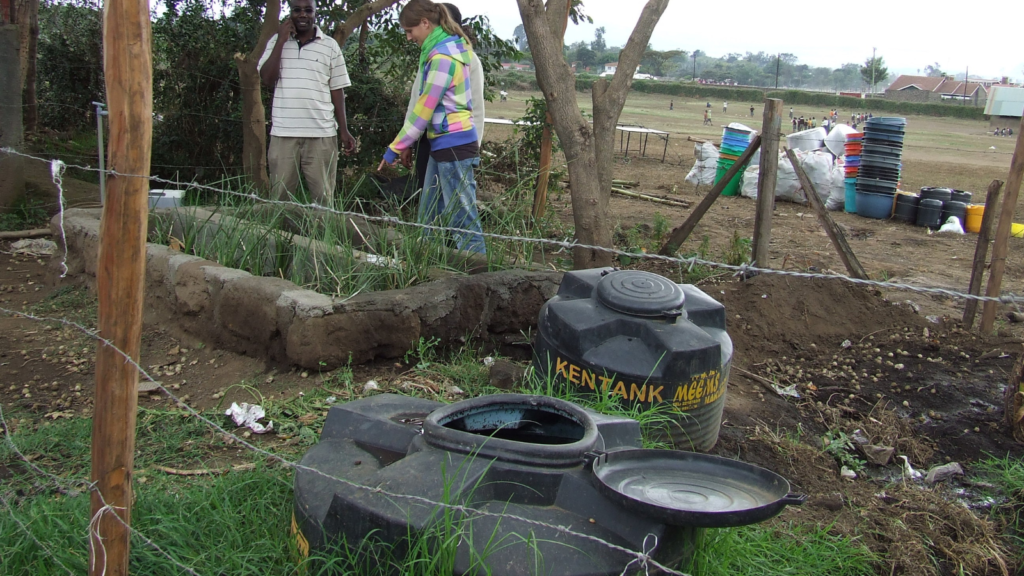
Reusing water from your sinks, showers, and washing machines can be a game-changer during a drought. A basic greywater system allows you to redirect this water for use in your garden or other non-potable needs. Understanding which soaps and detergents are plant-safe is essential to ensure you don’t harm your soil or plants in the process.
4. Growing Drought-Resistant Crops
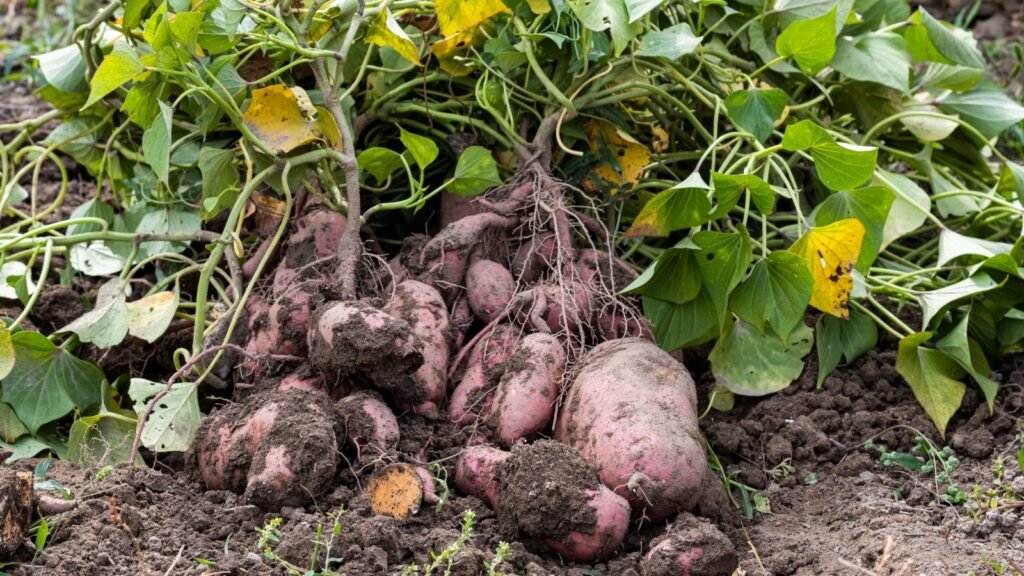
If you rely on gardening for food, knowing which plants can survive with minimal water is crucial. Crops like beans, sweet potatoes, and amaranth are excellent choices for dry conditions. Learning how to mulch and time your planting seasons effectively can also help conserve moisture and protect your soil.
5. Storing Water Safely
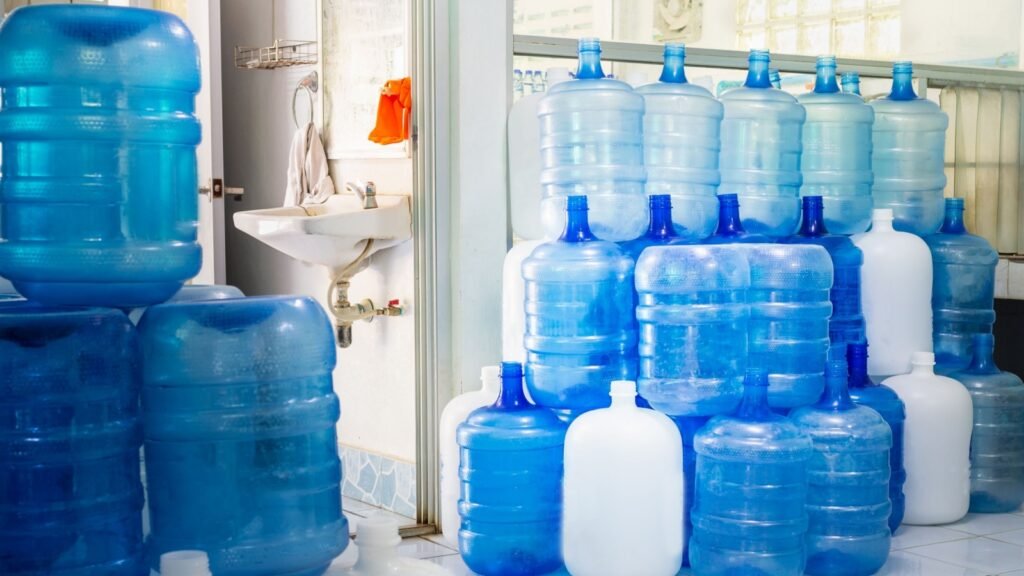
Storing water isn’t just about filling up a few bottles. You need to know how to store it properly to prevent contamination or algae growth. This includes using food-grade containers, adding purification tablets, and rotating your stored water regularly to keep it fresh. Proper storage ensures your water stays safe to use, no matter how long the drought lasts.
6. Purifying Contaminated Water

When clean water runs out, the ability to purify what’s available is invaluable. Familiarize yourself with methods like boiling, using portable water filters, or adding purification tablets. A solar still is another great option for areas with plenty of sunlight but limited water. These skills can save you from dangerous waterborne illnesses.
7. Adapting Cooking Methods to Use Less Water
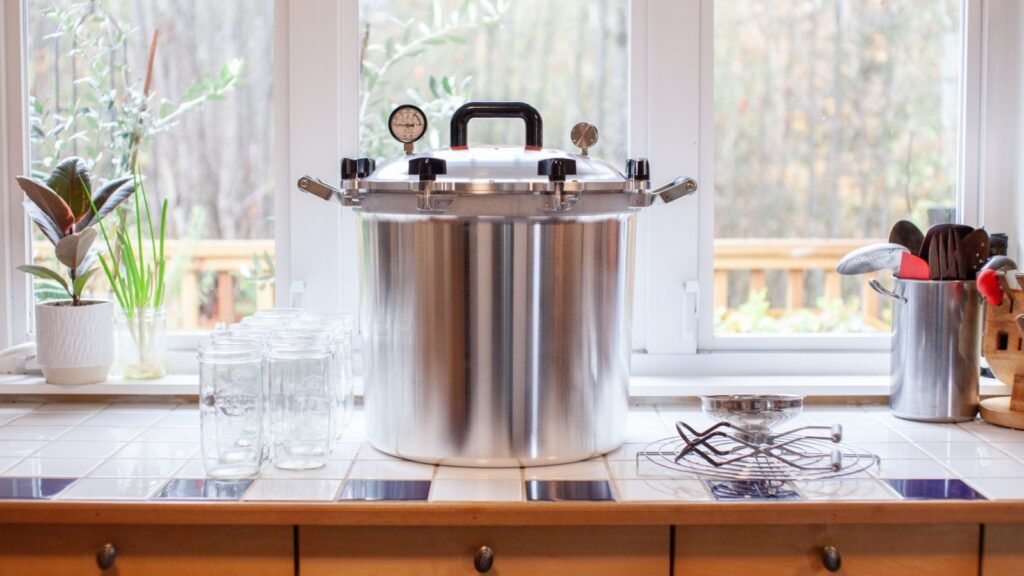
Cooking with minimal water isn’t just about convenience during a drought; it’s a survival skill. Techniques like steaming instead of boiling or using a pressure cooker reduce the water needed for meal preparation. Even learning to make one-pot meals helps cut down on both water use and cleanup afterward.
8. Managing Heat and Staying Cool

Droughts often come with heatwaves, so staying cool without relying heavily on air conditioning is key. Learn to use shade strategically, like planting trees or setting up reflective tarps to deflect sunlight. Wearing loose, light-colored clothing and hydrating smartly helps you stay safe in extreme temperatures.
9. Spotting Early Signs of Dehydration

Recognizing dehydration symptoms can prevent serious health issues during a drought. Keep an eye out for dizziness, dry skin, or dark-colored urine, and act fast if you notice these signs. Hydration goes beyond drinking water—foods like cucumbers and watermelon can provide extra fluids when drinking water is scarce.
10. Preserving Food Without Refrigeration

Electricity can become unreliable during a prolonged drought, so learning traditional food preservation methods is wise. Canning, dehydrating, and fermenting are all great ways to keep your food supply safe without relying on the grid. These techniques can help you make the most of your harvest and avoid waste.
11. Repairing Irrigation Systems
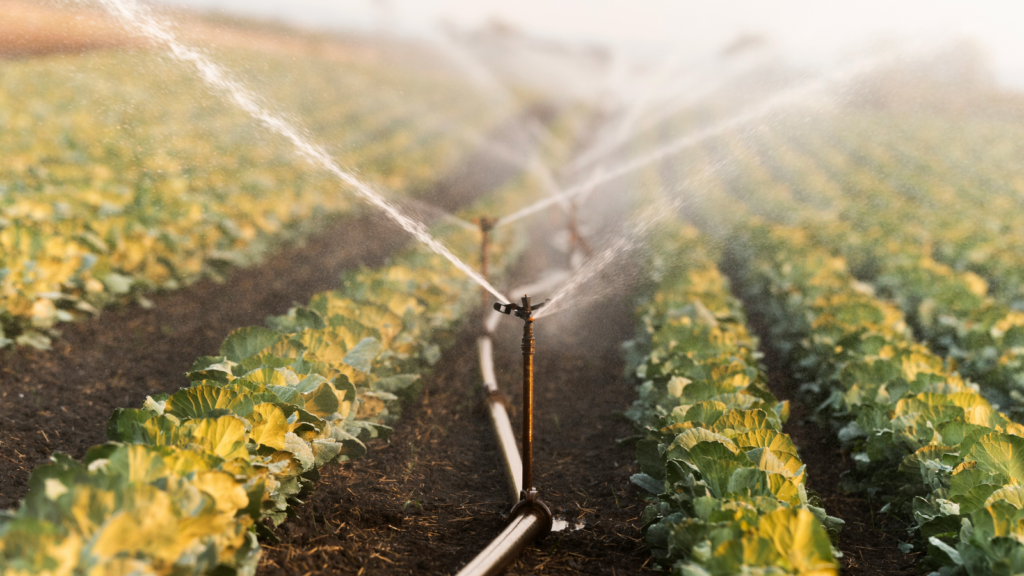
If you have an irrigation system for your garden, knowing how to repair leaks and optimize its performance is critical. Learning to inspect for broken sprinkler heads or clogged emitters helps ensure no water is wasted. Adjusting your system for maximum efficiency can save gallons of water every day.
12. Supporting Local Ecosystems
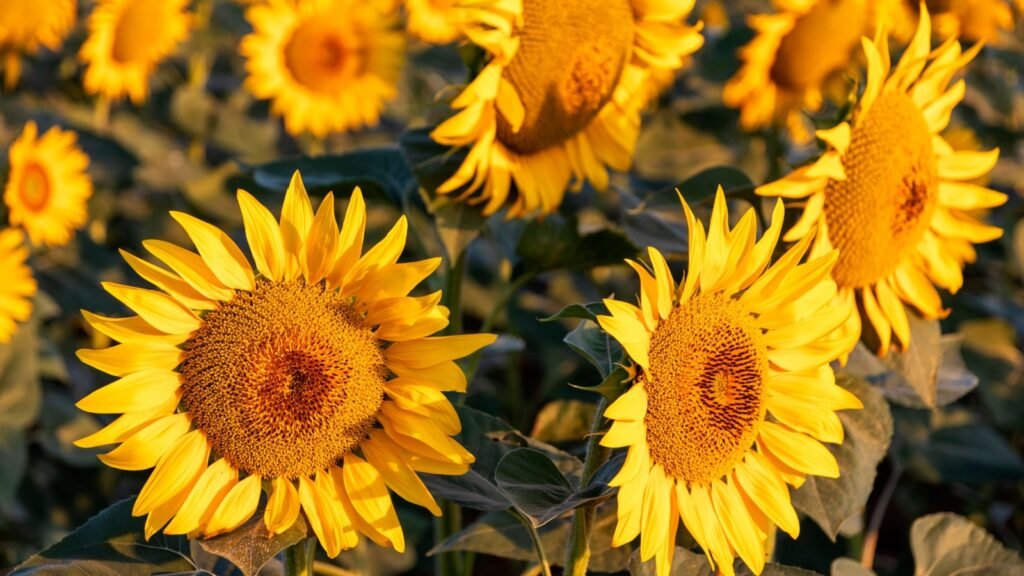
Droughts don’t just affect humans—they strain entire ecosystems. Planting native species that thrive in your area’s climate can help reduce water needs while providing habitat for pollinators. Conserving water in your home also leaves more for local rivers and wildlife. These steps can keep your environment resilient even during tough times.

